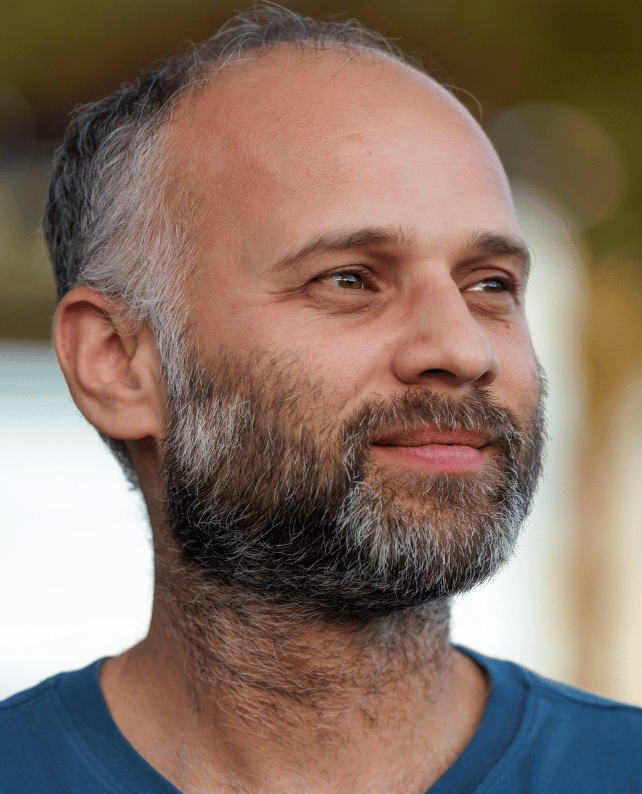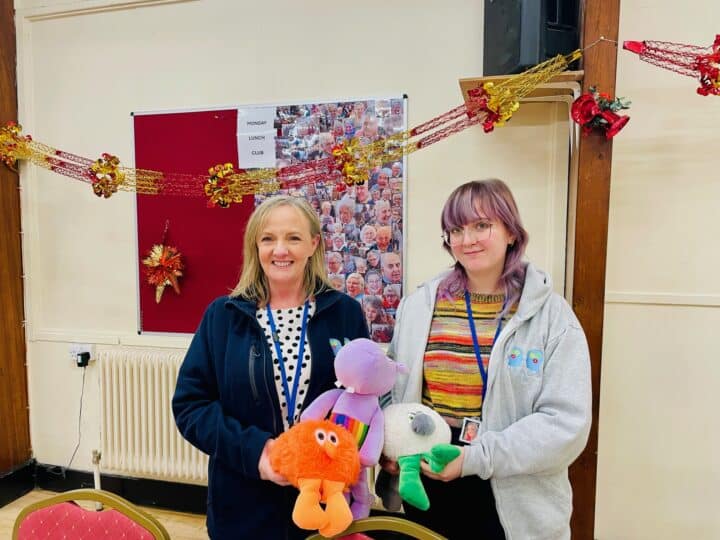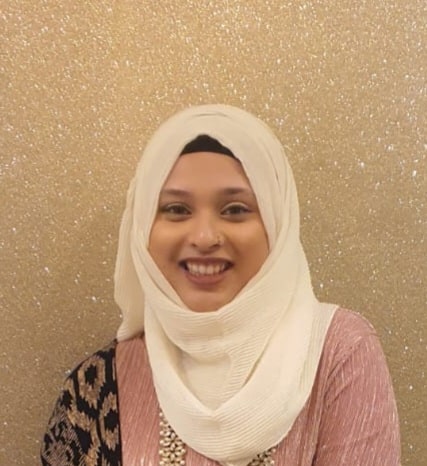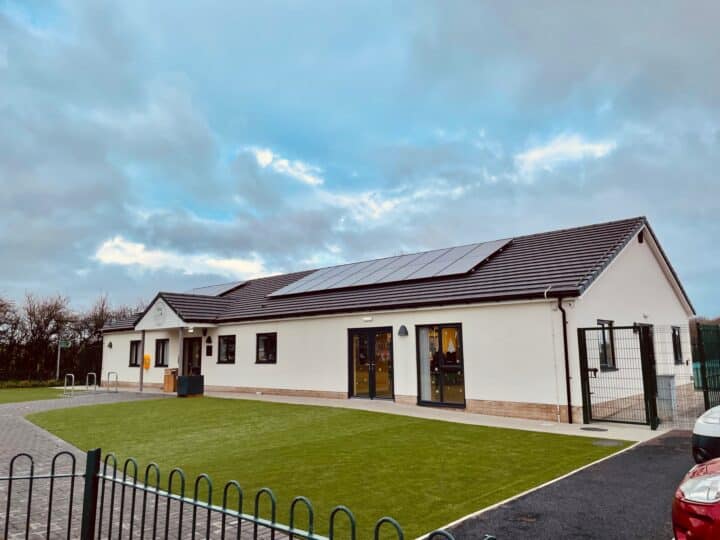-
About
About
Local Trust is a place-based funder supporting communities to achieve their ambitions.
Find out moreGo straight to…
< Back to main menu -
Big Local
Big Local
Big Local is an exciting opportunity for residents in 150 areas to create lasting change in their communities.
About the programme< Back to main menuSupport centre
Essential guidance, information and ideas for Big Local partnerships, to help you deliver change in your community.
Visit the support centre -
Other programmes
Other programmes
Find out how the principles of Big Local have inspired other programmes creating change in local communities.
< Back to main menuCommunity Leadership Academy
Supporting volunteers involved in Big Local projects to develop their skills and knowledge.
Find out moreCreative Civic Change
This new approach to funding enabled communities to use art and creativity to make positive local change.
Find out more
-
News and stories
News and stories
The latest news and stories from Big Local areas and beyond, exploring community power and resident-led change.
ExploreGo straight to…
< Back to main menuVoices of Big Local
Inspiring stories from the people making change happen in their communities.
Read more - Insights
- Policy

-
About
About
Local Trust is a place-based funder supporting communities to achieve their ambitions.
Find out moreGo straight to…
< Back to main menu -
Big Local
Big Local
Big Local is an exciting opportunity for residents in 150 areas to create lasting change in their communities.
About the programme< Back to main menuSupport centre
Essential guidance, information and ideas for Big Local partnerships, to help you deliver change in your community.
Visit the support centre -
Other programmes
Other programmes
Find out how the principles of Big Local have inspired other programmes creating change in local communities.
< Back to main menuCommunity Leadership Academy
Supporting volunteers involved in Big Local projects to develop their skills and knowledge.
Find out moreCreative Civic Change
This new approach to funding enabled communities to use art and creativity to make positive local change.
Find out more -
News and stories
News and stories
The latest news and stories from Big Local areas and beyond, exploring community power and resident-led change.
ExploreGo straight to…
< Back to main menuVoices of Big Local
Inspiring stories from the people making change happen in their communities.
Read more - Insights
- Policy

Changemakers: Bringing communities together and leaving a legacy
To celebrate 10 years of Local Trust, our Changemakers series highlights the stories of some of the remarkable people delivering Big Local. Here Waqas Arshad, chair of Bradley Big Local in Lancashire, shares some of their ambitious projects.
Ten years ago, the National Lottery Community Fund embarked on a big, bold experiment, to put money directly into the hands of communities who had previously ‘missed out’ – leading to the creation of 150 Big Local partnerships. A decade later, in the face of austerity, a global pandemic, and a cost-of-living crisis, many of these partnerships act as an immediate lifeline to local residents, whilst also creating long-term change.
Waqas’ story
Waqas Arshad has been the chair of Bradley Big Local in Lancashire since its inception. He works as a mental health assessment and review officer for the borough council and for the last 11 years has given upwards of 10 hours of his time each week to his role with Big Local.
The partnership he chairs includes residents from both sides of what was formerly a community divided by the Reedyford Road, with the white residents on one side and the Asian residents on the other.
The partnership has brought both sides together through its ambitious, big picture approach to spending the Big Local funding. After identifying housing as a key priority in its 2016 plan, it established a Community Land Trust as a legacy vehicle and then set about building four new homes on a derelict plot in the area called Beech Street.
As Waqas explains, this bold initiative was not only about showing what could be done with vision and determination, it was also about putting Big Local on the map. The next project Waqas is leading will, if successful, cement its legacy.
If you invest your money, you might not make a profit in the area but you can make it a better place and that could bring change.”
Q: When and why did you get involved with Big Local?
Waqas: I got involved from the first consultation. I was there at the initial meeting and I’ve been chair since the start. The reason why I became part of it was it was an opportunity to make a difference in the area, which no one had ever had the chance to do before as residents. It was about taking part and seeing whether this was actually something that we could do.
Over the years, Bradley has been promised loads of things around sport and education and youth services. The problem was nothing ever got delivered. We didn’t know what we know now. People don’t understand that projects need planning permission and you need consent from the council and then you need to go through all the red tape. That process takes time but people don’t want to wait.
Q: How would you describe the Bradley area?
Waqas: Bradley is an old mill town. We have a divide in Bradley. It’s a lot better now than it was 15 or 20 years ago when people from one side of Bradley wouldn’t go to the other side. It’s always been an issue and a lot of it was around racism.
It used to be them and us, so you’d have whites on one side and Asians on the other and you wouldn’t mingle. But now, with the way everything’s going, it’s a lot more integrated.
Q: You have taken an ambitious approach with Bradley Big Local in terms of undertaking big projects that make an impact, such as the houses you’ve built and sold to local people.
Waqas: One of the themes from the action plan of 2016 was making an improvement in housing. If you drove around Bradley you’d see the majority of housing is two-bedroom terraced houses. If you had aspirations to get a better house, you had to move out of the area. We wanted to bring those types of properties into the area. There was a big plot of land that was set for regeneration, including a plot on Beech Street that was being used as a dumping ground and by people smoking, drinking and using drugs.
In Bradley, house prices are in the bottom five per cent in the UK. We knew that no big developer would come into the area and be able to make it a viable option. So, we wanted to prove to the council, to local businesses, local house builders and housing associations that if you invest your money, you might not make a profit in the area but you can make it a better place and that could bring change.
They said this is one time where you can do big risk projects … ‘Go big or go home’ was the motto we had.”
We spoke to the council about taking over some of the land to build four properties on. It was a no brainer. We’d been doing lots of smaller projects but we weren’t getting much recognition for Big Local. We thought that if we did something big and bold, it would put our name out there. It would give us a profile within the community.
I think the council expected us to fail. The houses are for local people. We made them affordable. We charged 20% less than market value and we put a covenant in place so that whenever they were sold, it would have to be for 20% less than market value. All the houses were sold by the summer of 2001. They all went to local people.
Q: You spent almost half of the Big Local money on the four properties and your next project is equally ambitious: building a 3G sports pitch next to the Hodge House Community Centre that you took over in 2018.
Waqas: When Big Local came, they said this is one time where you can do big risk projects. Don’t get me wrong, nobody wants to fail. But ‘Go big or go home’ was the motto we had. We tried doing smaller projects but there was no legacy. With the houses, there was that legacy. With the sports pitch, there will be a legacy.
There are no sports facilities for three schools in the area. We keep saying that we want to tackle childhood obesity, we want to offer people sports from a young age. My son plays football but he has to go to the next town to play on the 3G pitch there.
We’re in the process of signing a 25-year lease with the owners of Hodge House where we’ll pay peppercorn rent and we just have to cover the utilities. Health and wellbeing are big themes for us. We’ve already had conversations with our MP and local councillors about transforming the waterlogged sports field next to Hodge House and they’re all on board.
The three schools in the area are also supportive and we’ve had meetings with Sports England and the Lancashire FA, and they’re positive as well. There’s a neighbourhood plan that says in the Borough of Pendle we’re two 3G pitches down. We are on a better footing because we’ve got money from the Beech Street houses and from Big Local to invest in the project. We hope to have a definite yes or no by next summer.
Q: If you finish the Big Local project with the Beech Street housing, the 3G pitch and the community centre at Hodge House as the hub of all your activities, would you consider that a success?
Waqas: That would be fantastic for us. The Beech Street scheme was a win-win, regardless. Financially it was a loss, we knew that from the start, but it’s what put us on the map. If we can build a 3G pitch and get the Hodge House centre running, we’re basically set for life because the 3G pitch has income that’s self-generated. We know we’ve got three schools in the area that will be using it during the weekdays.
We’ve got the football league that will be using it on a weekend and we’ve got free sessions for local people and local groups. We know other 3G pitches charge £60, £70, £80 an hour. We’ll charge less, which means it will be user friendly for companies and businesses to use. Then we can use that money to reinvest in the local people. It’s not all about making a profit. It’s what you give back to the community.
Q: It sounds very well thought out. Do you ever stop and wonder why you do what you do?
Waqas: Every day! Then I say to myself, well, no one else will. So that’s why. If it’s not me then who?
Interview by Dan Davies.
Read more Changemakers stories from the people delivering Big Local on our Voices page.


